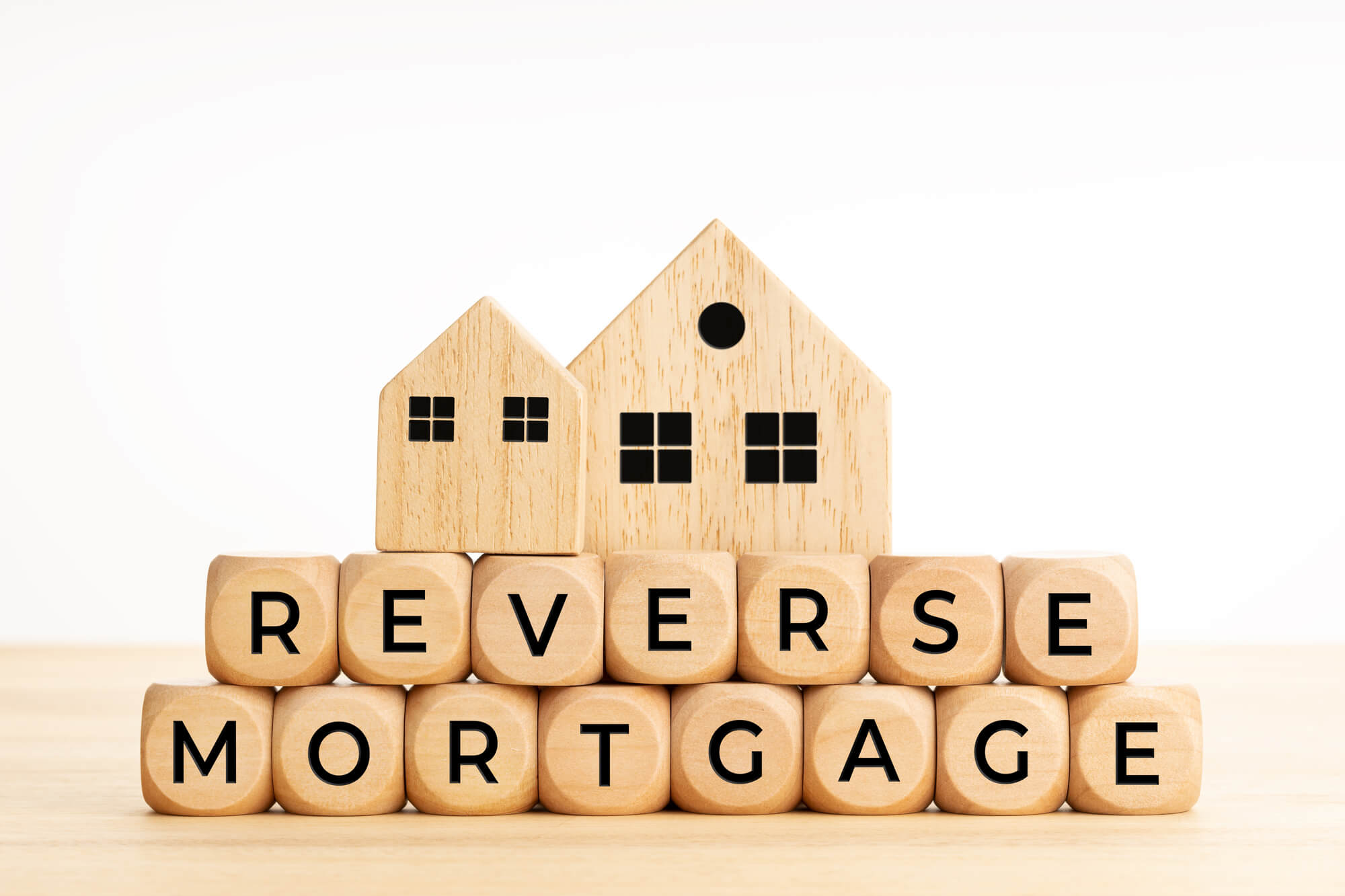With inflation on the rise, many seniors are struggling to make ends meet. If you wish to live in your house as you age, there are a number of expenses to take into account, such as transportation, home renovations, and in-home medical care. If you want to raise your income while staying in your home, a reverse mortgage might provide you with much-needed funds. Read on to understand exactly what a reverse mortgage is and how it works.
What is a Reverse Mortgage?
A reverse mortgage is a loan provided specifically for house owners aged 62 and above. It has been guaranteed by the Federal Housing Administration since 1988. Reverse mortgages work by permitting homeowners to turn a part of their home equity into money without requiring them to sell the property or make mortgage payments each month. A reverse mortgage is not like a traditional forward mortgage, where the borrower must start repaying the loan immediately. Instead, homeowners do not have to repay money acquired through a reverse mortgage until the last borrower no longer resides in the property.
Types of Reverse Mortgages
There are three different types of reverse mortgage loans offered to homeowners:
Single-Purpose Reverse Mortgage
A single-purpose reverse mortgage limits borrowers’ ability to spend cash for one specific reason, such as house repairs. Before issuing the reverse mortgage, your lender must authorize the purpose of the disbursed cash. Conventional lenders rarely provide single-purpose reverse mortgages. Instead, these loans are mostly granted by government entities, NGOs, and some credit unions. As a result, homeowners may struggle to find a financial institution that can offer one.
Proprietary Reverse Mortgage
A proprietary reverse mortgage turns the borrower’s home equity into a lump-sum payout. These reverse mortgages are provided by private lenders rather than traditional financial institutions or government agencies. As a result, they are not subject to FHA restrictions or government insurance.
Home Equity Conversion Mortgage
A home equity conversion mortgage (HECM) is an FHA-guaranteed loan that provides borrowers with the highest level of government protection. As a result, HECMs are nonrecourse loans with more lenient financial requirements. That implies homeowners will never owe more than the value of their property. Because of these protections, HECMs are the most secure kind of reverse mortgage today. Borrowers can get their funds in the form of a single payment, a credit line, monthly installments, or any combination of these options. When the borrower expires, the property might be sold to settle the reverse mortgage.
How Does a Reverse Mortgage Work?
A reverse mortgage is akin to an advance on the sale of your house. The lender lends you the money either as monthly installments, occasional withdrawals, or a big sum. When you sell your property or pass away, you or your heirs repay the loan out of the selling profits. You will not need to make payments to your lender during the term of your reverse mortgage, but you will need to keep up with insurance, property taxes, and homeowners association dues, as well as take care of the property’s upkeep. If you do not satisfy these requirements, your lender may call your debt due or foreclose on your home.
If you believe a reverse mortgage is the best option for you, apply online with us today.

